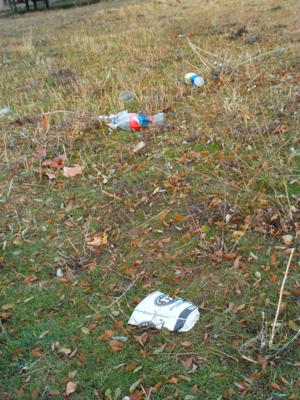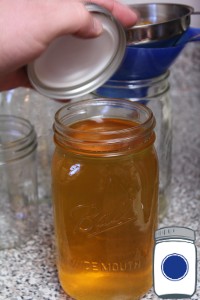10 Ways to Generate Less Trash–Homestead Style
Save Money With Less Trash
Trash costs you money. Earth Day may be trendy, but have you ever thought of trash that way? There is the heritage of our children to consider, and what type of environment we want to leave for them–clean water and the beautiful spectrum of flora and fauna that we get to enjoy. But if your trash cans runneth over and waxing philosophical is not compelling to you, consider this–trash costs you money! When you purchase an item with individual packaging, you are paying for the packaging that you pitch as well as the service to haul it away. Which brings up the question, “where is away?”
We all know that trash is suffocating us slowly through ecological damage, but we often look at the extreme ways people try to compensate for that and think “that’s not for me!”. Below I give 10 quick, easy ways that we can all fill (at least) one less trash bag a month. This is not your typical “abstain from toilet paper” list from the overzealous crowd–nor is it the “sign up for a recycling service” (yawn, we know that). Whether you actively homestead land or you are a homesteader-at-heart, these are practical ways to take care of our earth that happen to coincide very nicely with our goals of self-sufficiency!
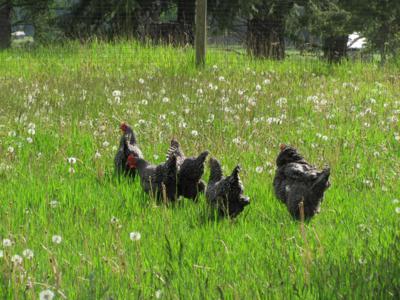
1. Backyard Chickens (or ducks or geese): Sure, not everyone can manage this where they live, but if you are assuming they are off-limits for city limits, think again! Places like St. Petersburg, Florida now allow as much as 1/3 of their citizenry to have these tasty recycling machines in the backyard. They eat your scraps and turn them into eggs and meat. They solve insect epidemics, fertilize your land, and much more. Sure, a rooster can be obnoxious in a populated area but they are not laying eggs anyway. In urban areas, a farm-fresh egg is a prized commodity and your entreprenurial six year old could easily make your egg operation profitable!
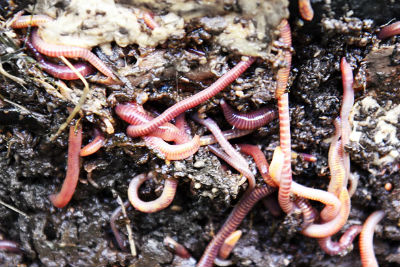
2. Vermicomposting: We started vermicomposting when renting in an area with no land to call our own. In fact, we know someone who kept a vermicomposting bin in the house (okay, that would come after “abstain from toilet paper” on my list of weirdness). Really, though, food scraps and some kinds of paper can be reclaimed as hummus-rich soil for gardens and landscaping with very little effort from you! They are the perfect pets–quiet, and the only poo you need to bag is to sell for cash! Plus, you can supplement your chicken feed with the worms.

3. Homemade Cleaners: There is no need to bring “causes cancer in California” chemicals into your home. By using household items like baking soda, vinegar, citric acid, and essential oils you will generate less trash by less packaging, and you can save the earth with one sparkly toilet at a time. Check out this guestblog from our buddy Erin, the Homestead Geek on homemade natural, non-toxic cleaners around the homestead.
4. Gardening: Now you have a plan for that vermicomposted soil. You will also be purchasing less grocery store produce that carries with it high petrol-based food miles, pesticides, ever increasing likelihood of GMO and let us not forget packaging too. Sure, my homegrown carrots might have funny shapes, but they taste oh-so-much better! Oh, and just so you know–designer “baby carrots” really do not grow that way, it’s one more waste you will not be creating–the unnecessary food processing! Gardening is cheaper than therapy, and much more rewarding.
5. Canning Jars: I told you this was the homesteading way of generating less waste! They make cute canisters, the perfect organizers for craft, sewing, and school supplies, an alternative blender jar, and are the new hotness for traveling drink cups! They are quaint flower vases, easy-use left over food containers (why microwave in plastic?), practical candle holders, and so much more. Be sure to check out my pinterest page for the ever-trusty canning jar for many more beautiful ideas! Save space in your cluttered cupboards by eliminating all of those one-use containers. Did I mention how much cheaper they are? Thrift stores and yard sales sell them for a song (unless I am the one singing, of course), and home-purging friends will load them in the car for you.
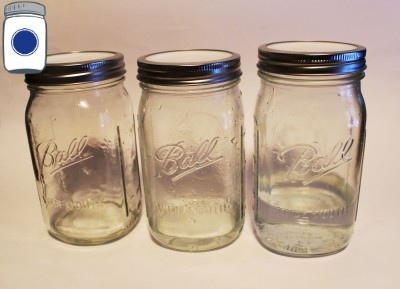
6. Tattler Reusable Canning Lids: I always hated throwing those metal lids away; it just grated on my cheapness. However, it occured to me there are only so many coasters that I need around that say “Rasberry Jam from Nancy’s garden Aug 10.” So when I discovered the reusable Tattler canning lid, I was so excited. Now I can seal up that venison or simply put a lid over the quart jar of dried beans on my shelf.
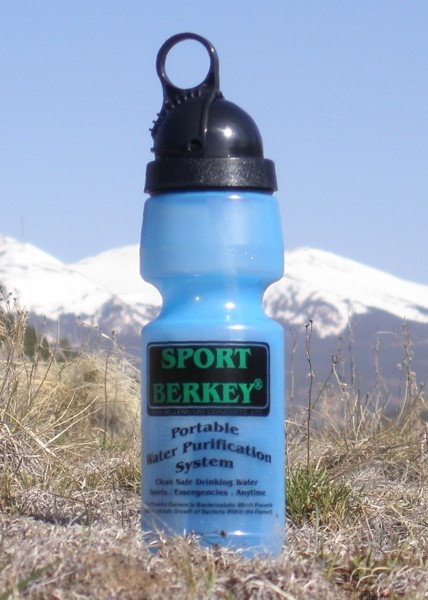
7. BYOWB–That stands for “Bring Your Own Water Bottle”: Eliminate the wastefulness of store bought water in the bottle, but I repeat myself. If you do not want to be reliant upon the local water system either, then go a step beyond the water bottle. After all, once you drank it all, then what? And is it aluminum or contain BPA? Instead, take a Berkey Water Bottle so that you will be self-sufficient all day; and so that you will not be tempted to run to the machine to buy another bottle when your water runs out. A Berkey is a real money-saver!

8. Paper Grocery Bags: Oh I know, the politically correct thing to say is to get the reusable ones. I love those, I do. In fact, my stash of reusable grocery bags rivals the Kardashian hand bag collection…but they are always at home when I need them. So do not feel pressured to buy yet one more every time you have forgotten yours. Paper is an ecologically friendly option, especially if you are getting more than one use out of it. You will also save cash when you reuse those paper bags for your waste cans in all of your bathrooms, bedrooms, and office. Oh, and they compost (see #2).
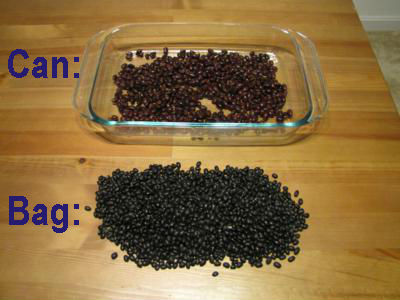
9. Buy in bulk: I used to not believe Wilson on this point when we were first married. He is “from a long line of blue collar immigrants” who always had big families and shopped in bulk. But it is hard to argue with the price per unit figure listed on the store shelf tag. You truly can save money when you go from the can to the bag to the bigger bag. Buy in bulk and do some menu planning, you will be surprised how much easier your life gets and how much money you can save.
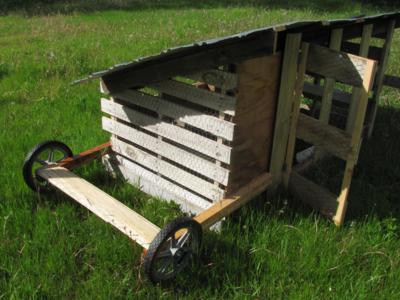
10. Repurpose: If you can see conventional items in an unconventional way, you are a homesteader at heart. Reutilization is a highest virtue of the tinkerer. When the old lawnmower wheels can supply the chicken tractor you need for your six year old’s entreprenurial vermicomposting venture, or when the free pallet comprises your compost bin, you are creating less waste. You are saving money. You are a homesteader (no matter where you live).
Do you see a theme? Garden to grow your vegetables. Put the scraps in the compost bin for the worms. Feed the worms to the chickens for eggs and meat. When you slaughter the chickens feed the offal to the pigs. When you slaughter the pigs, put the rendered lard in a canning jar with a Tattler lid . . . well you get the idea. Actually, please leave a comment to let us know what some of your homesteading practices are to reduce waste. Whether I am philosophical, pragmatic or just cheap, I want to preserve the inheritance of this earth for my children, and I want to keep something in my wallet for them, too. I am doing both when I create less waste–not just on Earth Day, but everyday.

Compost On,
Chaya
Photo Credits:
Brown Paper Bag By mistermundo from Torrance [CC-BY-2.0 (http://creativecommons.org/licenses/by/2.0)], via Wikimedia Commons
Vermicomposting is from the Public Domain
All others by Pantry Paratus
Proviso:
Nothing in this blog constitutes medical advice. You should consult your own physician before making any dietary changes. Statements in this blog may or may not be congruent with current USDA or FDA guidance.

